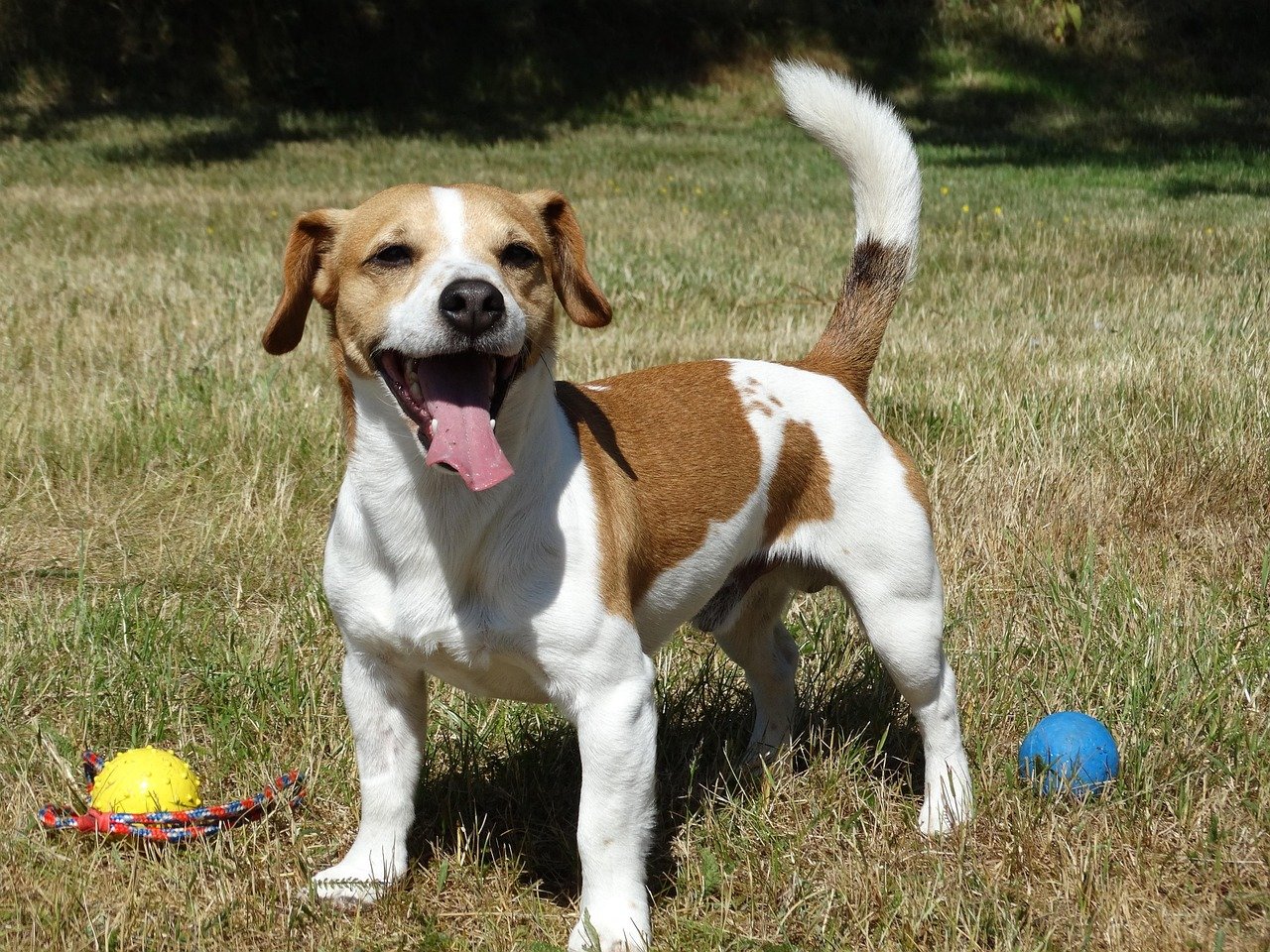Have you ever locked eyes with a Jack Russell Terrier and felt that spark—like meeting a furry tornado full of love and energy? These little dynamos may look small, but don’t be fooled; they have the heart and spirit of a lion. Every Jack Russell owner knows that these dogs aren’t just pets—they’re adventure buddies, mischief-makers, and loyal companions rolled into one. But what does it really take to keep your Jack Russell Terrier bouncing, wagging, and thriving for as many years as possible? Let’s dive into eight essential care tips that can help your best friend live a long, healthy, and joyful life. If you want your Jack Russell to be your sidekick for years to come, read on—you might be surprised at what really matters most.
Feed a Balanced, High-Quality Diet
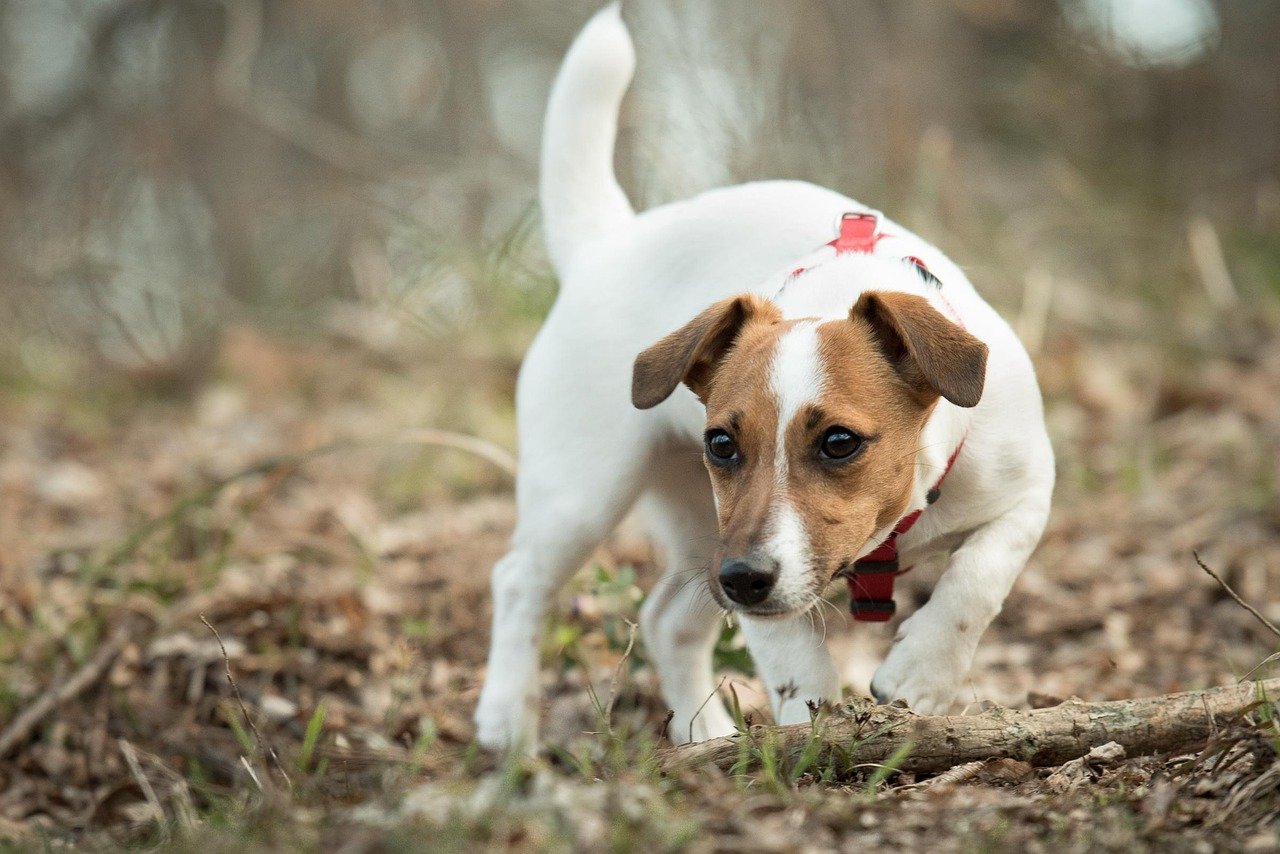
The foundation of your Jack Russell’s health starts with what lands in their food bowl. These dogs are bundles of energy and need nutrition that matches their lively lifestyle. Choose a high-quality dog food that lists real meat as the first ingredient, avoiding fillers like corn or by-products. It’s tempting to give in to those pleading puppy eyes at the table, but human scraps can upset their tummy or even be dangerous. Portion control is key too; Jack Russells can gain weight quickly if overfed, which puts unnecessary strain on their joints and organs. Remember, a well-fed Jack Russell is a happy, energetic one—so make mealtimes count. If you’re ever unsure, a quick chat with your vet can help you fine-tune your dog’s diet for their specific needs. A healthy diet is like giving your Jack Russell a daily ticket to more adventures.
Prioritize Daily Exercise and Play
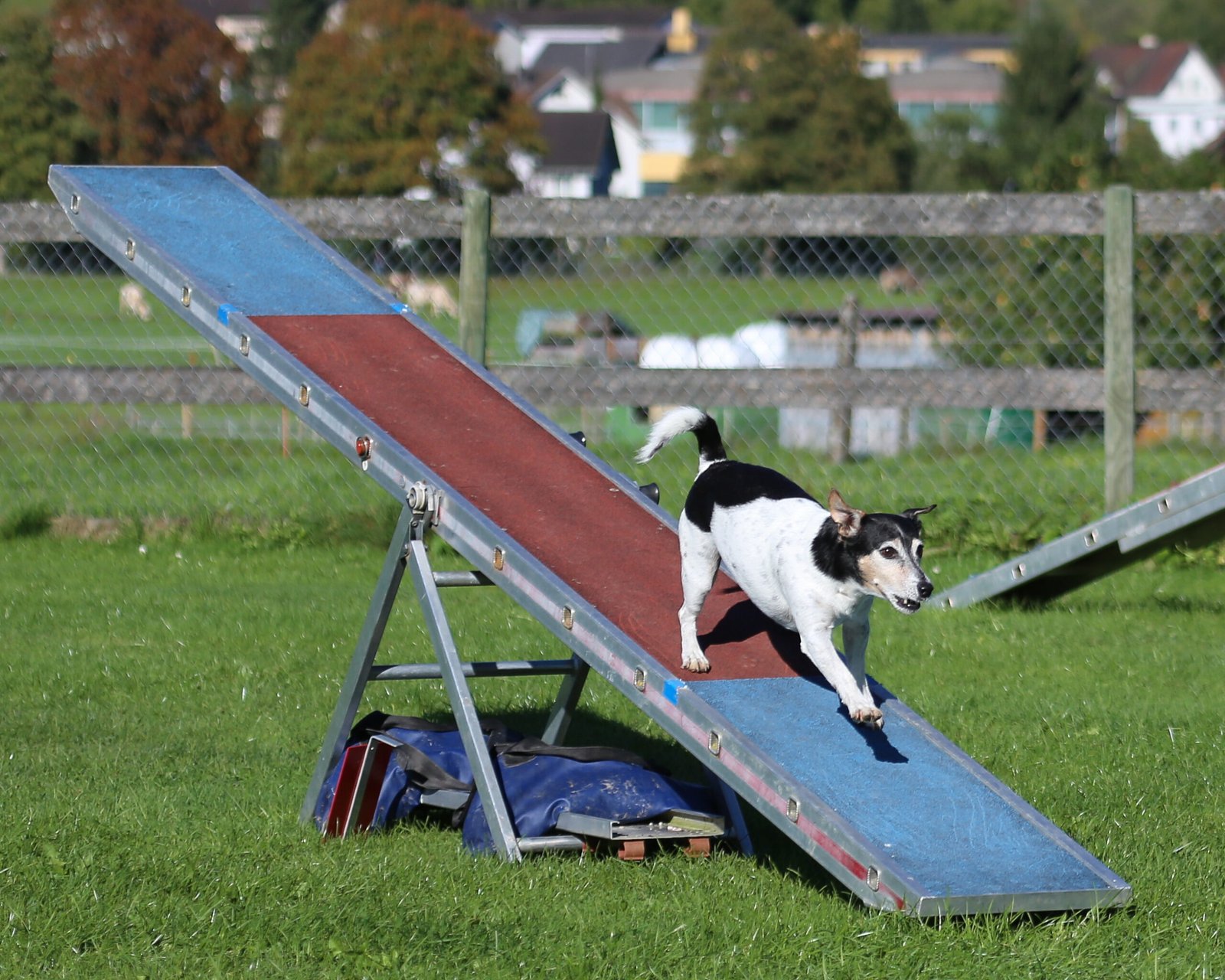
If you’ve ever seen a Jack Russell zoom around the backyard, you know they don’t do “lazy days.” These terriers were bred for work, so exercise isn’t just a nice-to-have—it’s essential. Aim for at least an hour of active play or walking every day. This could mean a game of fetch, a brisk jog, or some off-leash time in a safe, fenced area. Mental stimulation is just as important; puzzle toys and hide-and-seek games keep their sharp minds busy. Without enough activity, Jack Russells can turn to digging, chewing, or even escaping to burn off energy. Exercise isn’t just about burning calories—it’s about making your dog feel content, tired, and ready to snuggle up with you at the end of a fun-filled day.
Maintain Routine Veterinary Visits
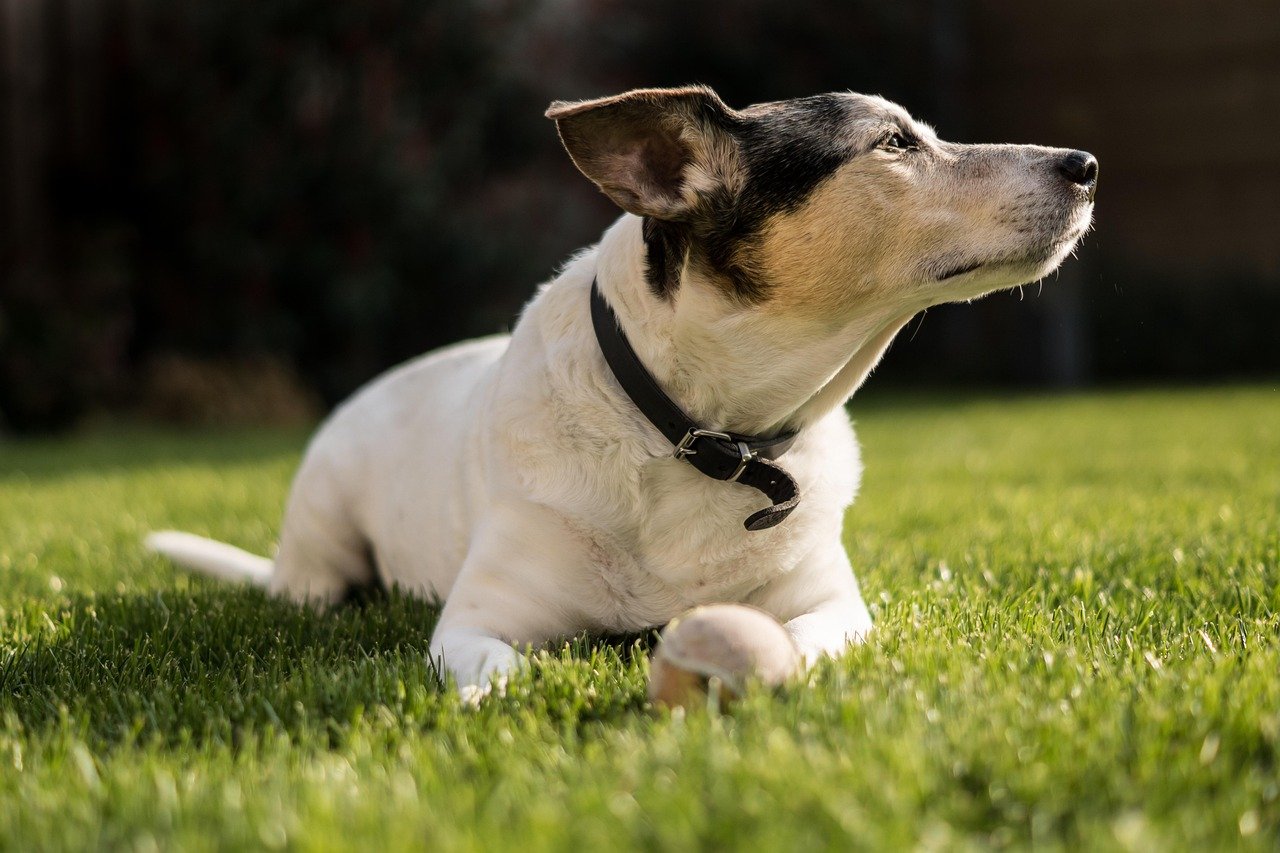
Even if your Jack Russell seems unstoppable, regular check-ups with the vet are a must. Puppies need more frequent visits for vaccinations, while adult dogs should see the vet at least once a year. These appointments catch health issues early, from dental disease to heart murmurs or signs of arthritis. Your vet can also advise on flea, tick, and worm prevention—crucial for a breed that loves to explore the great outdoors. Annual health checks are like a safety net, giving you peace of mind and your dog a better shot at a long, healthy life. Don’t wait for symptoms; prevention is always easier (and less expensive) than treatment down the road.
Groom Regularly to Keep Their Coat and Skin Healthy

Jack Russells may not have the fanciest coats, but that doesn’t mean they don’t need regular grooming. Brush your dog at least once a week to keep their short, dense fur free of dirt and loose hairs. This helps reduce shedding and keeps their skin healthy by spreading natural oils. Bath time can be once a month or as needed, using a gentle dog shampoo to avoid irritation. Don’t forget to check their ears for wax buildup and trim their nails before they get too long. Grooming isn’t just about looks—it’s a chance to bond and spot issues like lumps or skin infections early. Think of it as a spa day with benefits for both of you.
Support Dental Health With Brushing and Chews
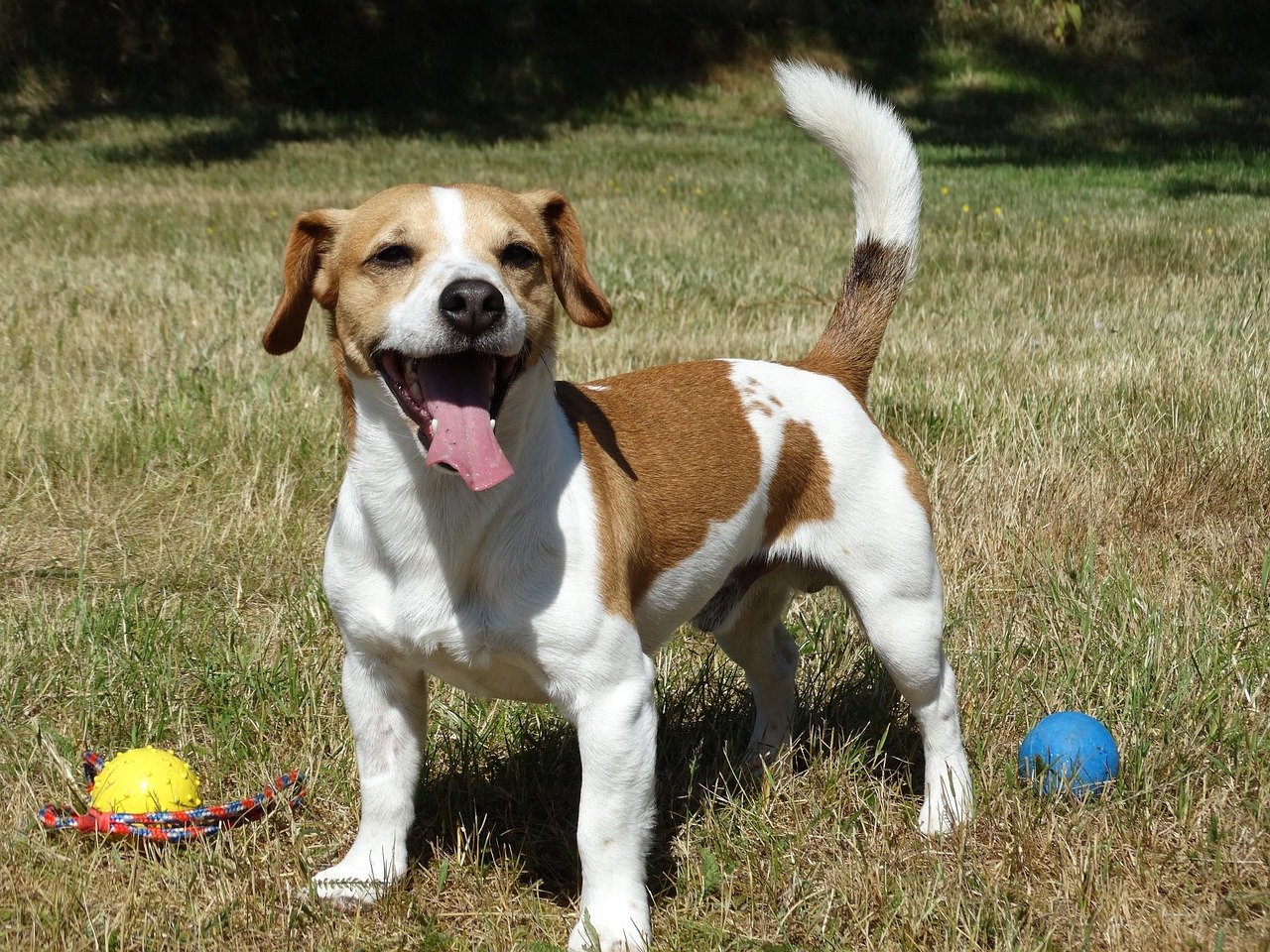
It’s easy to overlook, but dental health is a huge part of your Jack Russell’s overall well-being. Plaque and tartar can lead to painful gum disease, tooth loss, and even affect the heart and kidneys. Brush your dog’s teeth several times a week with a canine toothbrush and toothpaste—never use human toothpaste! Dental chews and toys can also help scrape away buildup and keep breath fresh. Regularly check for signs of dental issues like bad breath, red gums, or difficulty eating. Keeping up with dental care may seem fussy, but it can add years to your dog’s life and keep those bright Jack Russell smiles coming.
Train Consistently and Use Positive Reinforcement

Jack Russells are whip-smart, but their stubborn streak is legendary. Consistent, positive training is the secret to a well-behaved, confident dog. Start early with basic commands like sit, stay, and come, but don’t stop there—these dogs love learning tricks and agility games. Use treats, praise, and play as rewards rather than harsh corrections. Training keeps your Jack Russell’s mind engaged and strengthens your bond, making life easier for both of you. Untrained Jack Russells can become destructive or develop behavioral problems, so a little effort goes a long way. Think of training as building a language you and your dog can share—one that lasts a lifetime.
Provide Socialization and Enrichment

Jack Russells are naturally curious and social, but they need guidance to be their best selves. Expose your puppy to different people, animals, sounds, and environments early on. This helps prevent fear, anxiety, or aggression as they grow older. Socialization isn’t just about dog parks—walks in busy neighborhoods, meeting new friends, and supervised playdates all count. Enrichment activities like scent games, food puzzles, or even agility courses keep boredom at bay. A well-socialized Jack Russell is friendly, adaptable, and less likely to develop bad habits. It’s like giving your dog a passport to a world full of exciting experiences.
Watch for Breed-Specific Health Concerns

Jack Russells are generally hardy, but they do have some health quirks to watch for. Common issues include patellar luxation (loose kneecaps), deafness, and eye conditions like lens luxation. Always choose a reputable breeder who tests for genetic diseases if you’re getting a puppy. As your Jack Russell ages, be on the lookout for limping, vision changes, or signs of hearing loss. Regular vet check-ups and being observant at home help catch problems early. Every dog is unique, but knowing what’s common in the breed helps you stay one step ahead. Awareness is your best tool for giving your Jack Russell a long, happy life.

